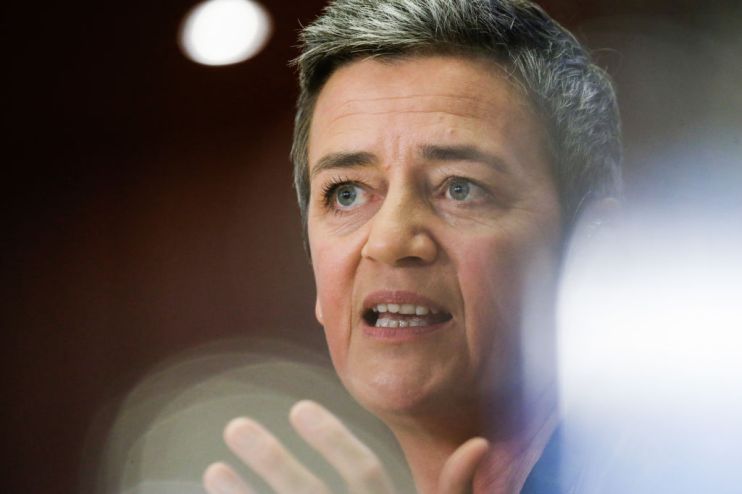Apple’s victory throws EU’s digital tax into doubt

Apple’s successful appeal against a €13.1bn fine from the European Commission could leave the EU’s digital tax strategy at risk of unravelling, experts have warned.
A top European court yesterday annulled a decision passed by the Commission in 2016 ordering Apple to pay Ireland more than €13bn in back taxes.
It said the executive body had not done enough to show Apple or Ireland were gaining an unfair advantage from the deal, which allows the iPhone maker to record its sales through two Irish units.
Now tax law experts believe EU countries may feel less pressure to crack down on digital companies to pay their fair share of corporate tax. They also believe it sets a precedent for future state aid cases in the pipeline.
“Apart from the staggering amounts of cash at stake, the case was seen as key in trying to stop tax competition between member states, which the EU frowns upon and member states get away with what they can,” said Laurence Field, corporate tax partner at accountancy firm Crowe.
EU competition commissioner Margrethe Vestager, whose legacy for ruling tech with an iron fist has been dented by the Apple decision, has pending state aid cases coming up against Ikea’s and Nike’s tax deals with the Netherlands.
The Commission took steps to shore up its position after the Apple state aid ruling arrived yesterday. It announced fresh plans to clamp down on tax regimes seen as unduly beneficial to big corporations.
EU to expand tax regime crackdown
The EU’s executive arm said it would expand its 1997 tax code of conduct to tackle member states’ corporate tax regimes that have broadly harmful effects — possibly also side-stepping a veto process to make sure changes are approved.
Before the Open: Get the jump on the markets with our early morning newsletter
“We expect the EU to continue applying pressure in this area,” said Jason Collins, partner and head of tax at Pinsent Masons.
“Although raising taxes on corporate profits remains under the competence of each member state, the EU continues to want to try to centralise policy, to stop member states competing with each other.”
Digital tax in doubt after Apple victory
Companies will also keep a keen eye on the aftermath of Apple’s victory, particularly as discussions continue surrounding a global digital services tax solution.
“Apple’s victory shows that European courts are unwilling to call beneficial tax regimes state aid, even when designed to attract foreign investment — provided they apply the rules consistently,” said Collins.
“This will be a very welcome outcome for other multi-nationals who have been watching this case closely.”
A report from Moody’s published yesterday said the impact of an Europe-wide digital tax would be “limited”, given smaller companies would likely be harder hit than the large ones it is aimed at.
While the OECD is pursuing a global solution, a number of countries have implemented temporary levies until an agreement is reached.
The UK’s digital tax will see the government take a percentage of sales from companies that operate search engines, social media websites and online marketplaces with revenues above £500m.
Brussels is expected to appeal Apple’s tax victory, sending the case to Europe’s highest court.
“There’s a lot at stake here both financially and politically,” said Field.
“Strap yourself in for round two.”